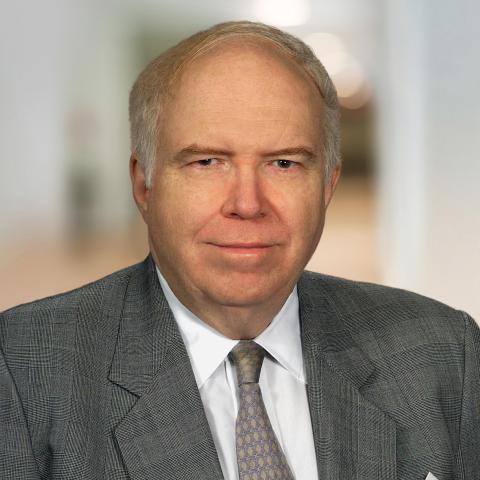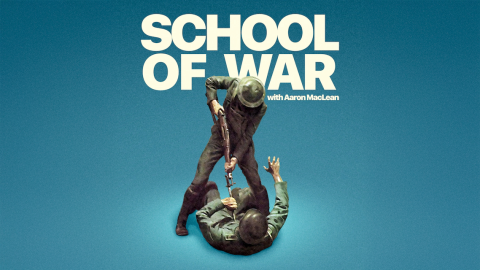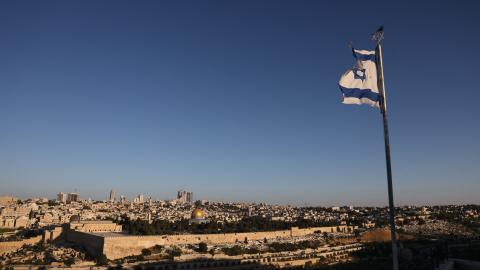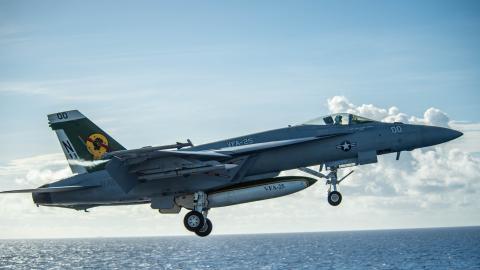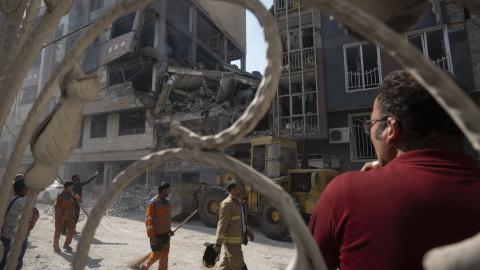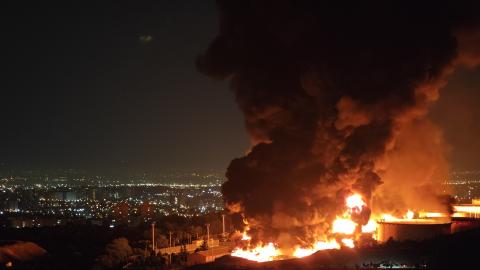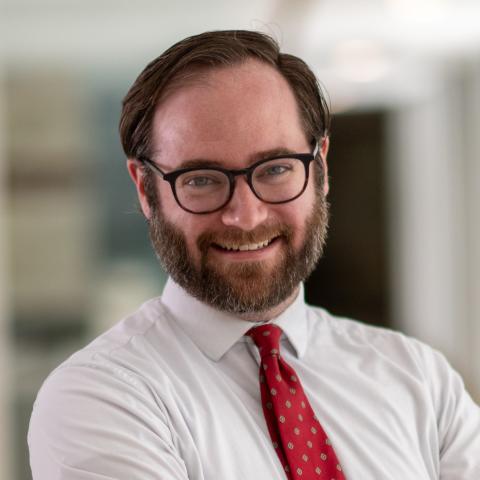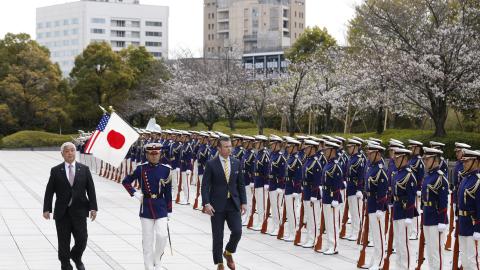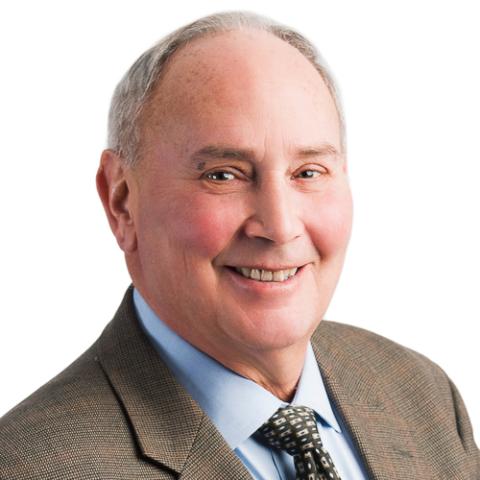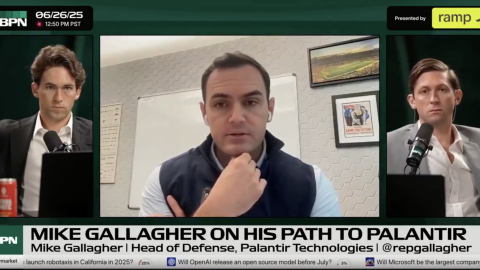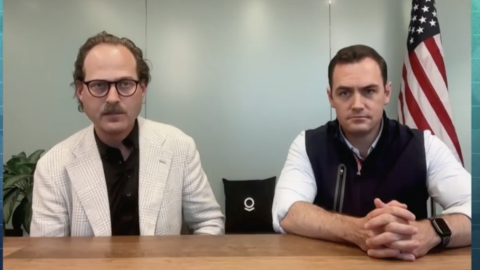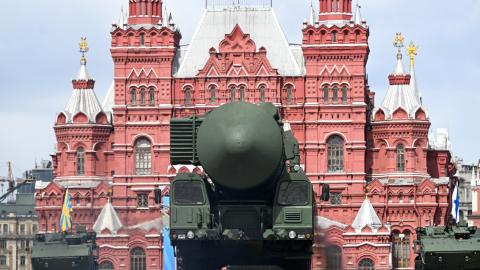
The United States, Iran, and the Post-Geneva Middle East: What's Next After the Joint Plan of Action Is Implemented?
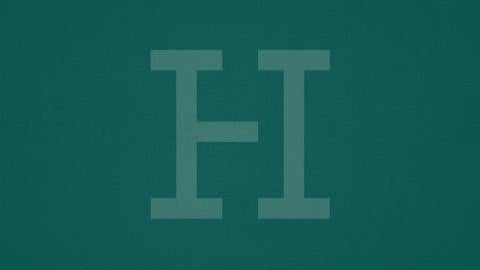
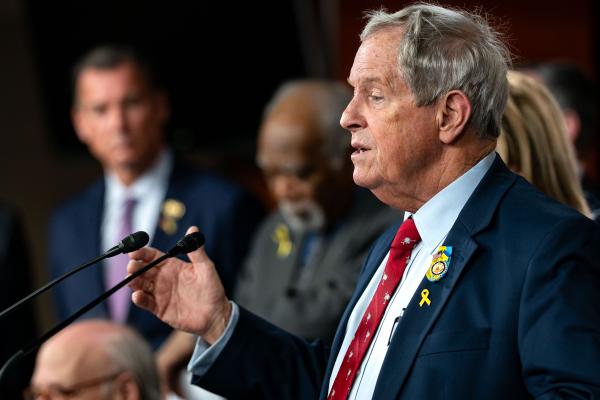
Michael Doran, director of Hudson’s Center for Peace and Security in the Middle East, will host Congressman Joe Wilson (R-SC) for a discussion on the strategic benefits of designating the Polisario Front as a foreign terrorist organization (FTO).

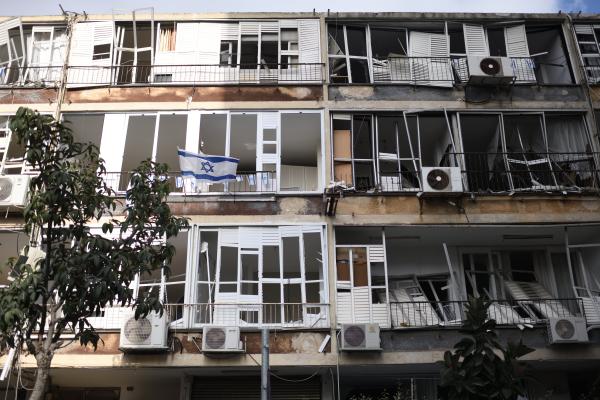
Noach Hacker, Israel’s minister of economic affairs, will join Hudson’s Michael Doran for a discussion on how Israel has fortified its economic foundations for moments of extreme crisis.

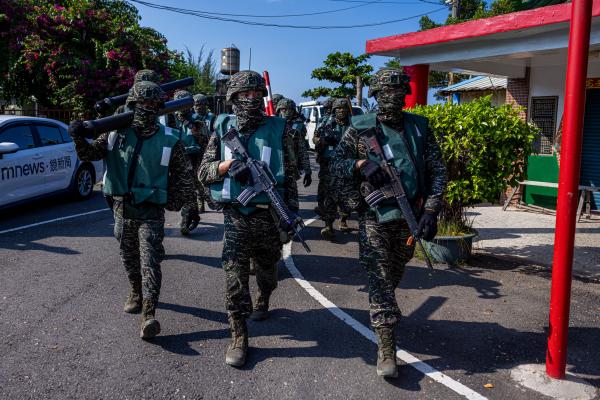
Hudson’s Riley Walters will discuss what to look for during these exercises and what more Taiwan can do to strengthen its defense posture with a panel of military experts.
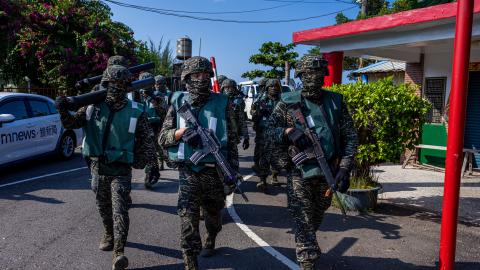

Journalist and author Salena Zito will join Hudson's Paul Sracic to discuss her new book Butler: The Untold Story of the Near Assassination of Donald Trump and the Fight for America’s Heartland, releasing July 8.

